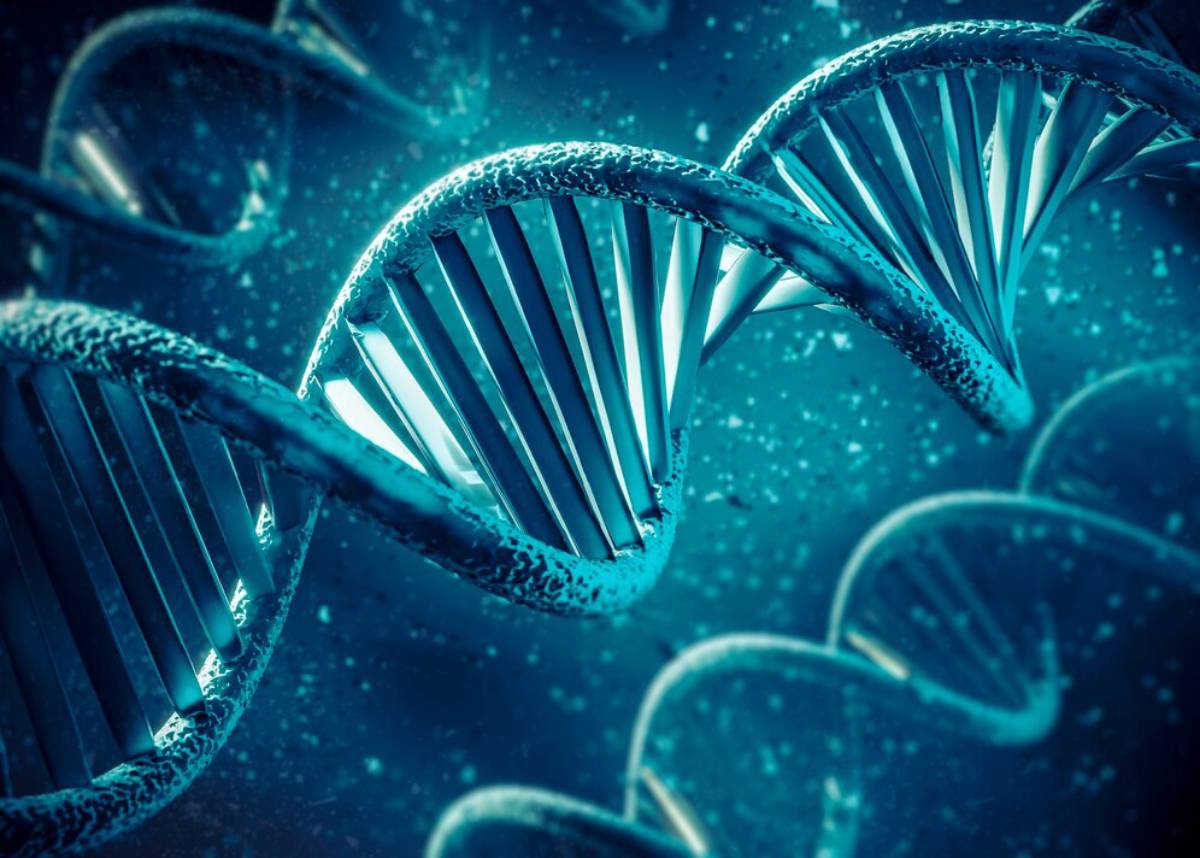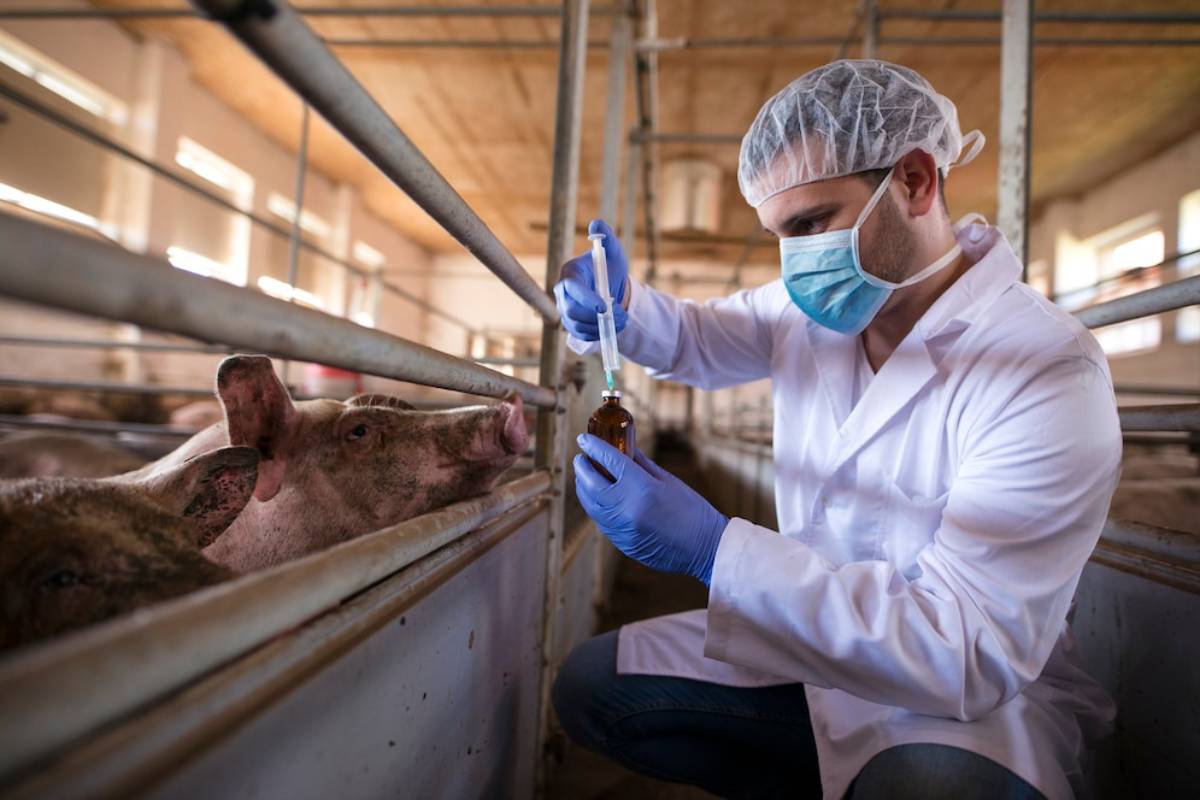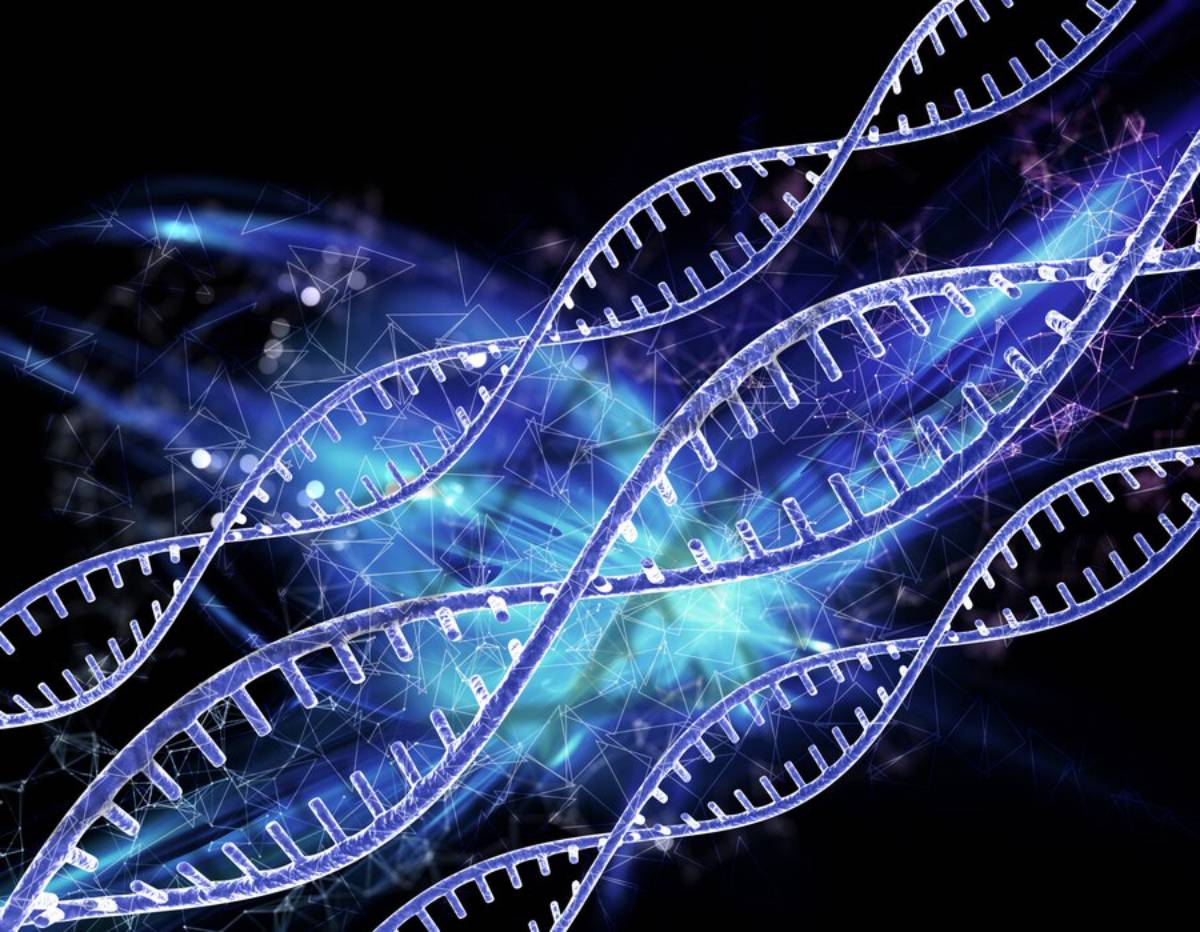
Ethical Questions Around Human Genome Editing
Gene editing technologies are advancing quickly. The CRISPR-Cas9 system leads the way. This progress brings many new possibilities in genetics. The chance to wipe out genetic disorders and boost human abilities is exciting. But it also brings up big ethical issues. The concept of altering the human genome is not merely a scientific endeavour. It is a profound ethical challenge that requires careful consideration.
As we explore new scientific frontiers, we also face important questions. These questions dig into what it means to be human, our identities, and the values we share as a society. What does it mean to alter the blueprint of human life? Who decides which genes are ‘desirable’? And how do we ensure that the application of such a powerful technology remains fair, safe, and just?
These questions are not easy to answer, but they are important. We must think about them as we explore the complex ethics of genome editing. This blog looks at the ethics of human genome editing. It focuses on how it affects individuals and society. It also discusses the moral duties of scientists, regulators, and policymakers.
Key Benefits / Why It Matters
The Promise of Gene Editing
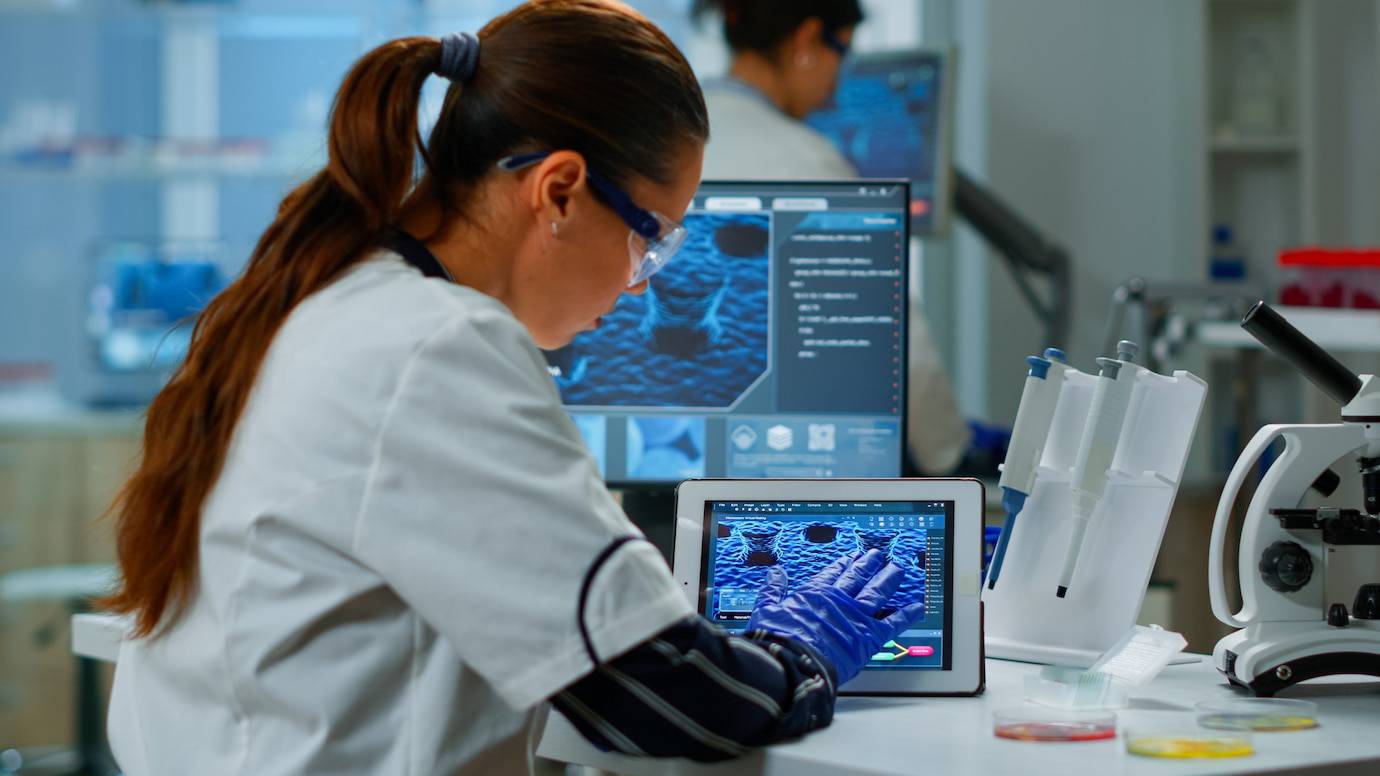
Gene editing, especially through CRISPR technology, holds immense promise. It offers the potential to correct genetic defects, cure inherited diseases, and even enhance human traits. Some diseases, like cystic fibrosis, sickle cell anaemia, and Huntington’s disease, could be eliminated. Editing the human genome could lead to new cancer treatments. It may also help create personalised medicine, which customises care based on a person’s genes.
Gene editing can do more than just eliminate diseases. It may also greatly enhance overall human health. Picture a world where people are born free from life-threatening diseases like Alzheimer’s or some cancers. CRISPR can help create better vaccines. It may also strengthen immunity for future pandemics.
From a public health perspective, the impact could be enormous. Health systems can move from treating problems to preventing them. This shift could cut long-term healthcare costs and boost everyone’s quality of life.
The Relevance of Ethical Considerations
However, with great power comes great responsibility. Gene editing raises important ethical questions. These issues affect key parts of human life, identity, and society. The idea of ‘designer babies’—children changed for traits like intelligence or looks—brings up big ethical issues. It challenges our understanding of human diversity and the natural course of evolution.
There is also concern about the commodification of human life. If we can select, design, or buy genetic traits, we may start seeing children not as valuable individuals. Instead, they could be viewed as products shaped by what parents want. This leads to a new form of discrimination: genetic discrimination. People might be judged or excluded due to their genetic traits, whether modified or not.
The impact on social justice and inequality is big. Access to these technologies might be limited to the wealthy. This can make social divides even worse. If only a few can pay for gene editing, society may split by biology and class. The enhanced could have benefits that others cannot reach.
Additional Expert Tips & Common Mistakes to Avoid
Navigating the Complex Landscape of Bioethics
Bioethics studies the ethical issues from advances in biology and medicine. It is vital in the discussion on gene editing. One of the primary ethical concerns is the potential for unintended consequences. Gene editing is not foolproof. Off-target effects could introduce new genetic anomalies or diseases. Therefore, rigorous testing and oversight are essential to ensure safety and efficacy.
The long-term effects of genetic changes, especially those inherited by future generations, are mostly unclear. We might not know how edited genes work with the whole genome. We also don’t know how they could affect biological systems in years or decades. For these reasons, a precautionary approach is strongly advised.
Ethicists also point out the risk of therapeutic intent slipping into enhancement. What begins as a tool to fight serious illness could turn into a market for intelligence, strength, or beauty. This shift could complicate ethical issues even more.
The Importance of Regulatory Frameworks
A common mistake in gene editing discussions is ignoring the need for regulations. Effective governance is vital to prevent misuse and ensure that gene editing is conducted ethically. Policymakers need to create rules that support innovation while also considering ethics. This way, gene editing can be used responsibly and fairly.
We need strong ethical oversight. This includes national bioethics committees, clear review boards, and ways for countries to work together. Both public funding bodies and private research institutions need to follow strict ethical reviews before starting genome editing projects.
Additionally, informed consent is a cornerstone of ethical medical practice. People need to understand the risks and effects of gene editing. This is especially important in clinical trials or therapies that use experimental methods.
Advanced Insights / Expert Recommendations
Engaging with Diverse Perspectives
To tackle the ethical issues of human genome editing, we must consider different viewpoints. This includes scientists, ethicists, policymakers, and the public. Open dialogue can spot risks and benefits. It helps everyone make better and more inclusive decisions. Public engagement matters a lot. Society’s values and norms greatly shape our ethical standards.
Ethical decisions cannot be made in a vacuum. Cultural, religious, and philosophical views will differ widely across societies. In some communities, changing human DNA is viewed as breaking natural or divine law. In others, it’s seen as a moral duty to reduce suffering.
Participatory ethics seeks public opinion and societal input. This approach helps build a framework that shows both scientific skills and shared moral judgment. This approach encourages transparency, trust, and shared responsibility.
The Role of International Cooperation
Gene editing is a global issue that transcends national borders. International cooperation is crucial to establish universal ethical guidelines and standards. Working together can align regulations, boost transparency, and stop a race to the bottom. This is when countries with weak rules attract unethical practices.
Global groups like the World Health Organization and UNESCO are starting to create international guidelines and ethical standards for genome editing. Enforcement is still tough. This is especially true in places with weak or inconsistent ethical oversight.
International treaties, like those for climate change or nuclear arms, might be needed. They can help ensure the responsible use of human genome editing technologies. The goal is to build a global scientific commons. Here, ethical values and scientific innovation should support each other, not clash.
Safeguarding Future Generations
Another area of increasing interest is the ethical duty we owe to future generations. Germline editing (which alters the DNA of embryos in a way that is heritable) raises concerns about consent and autonomy. The children and their descendants are most affected by these changes. They can’t give consent, but they will face the consequences.
This raises critical questions: Do we have the right to make irreversible genetic decisions for people not yet born? How do we define what constitutes a ‘better’ or ‘healthier’ genome, and who gets to decide?
Future-focused ethics emphasise caution, humility, and long-term thinking. This approach calls for a pause on germline editing. We need to learn more about its effects, not only on health but also on society and ethics.
The Future of Gene Editing: Responsibility and Reflection
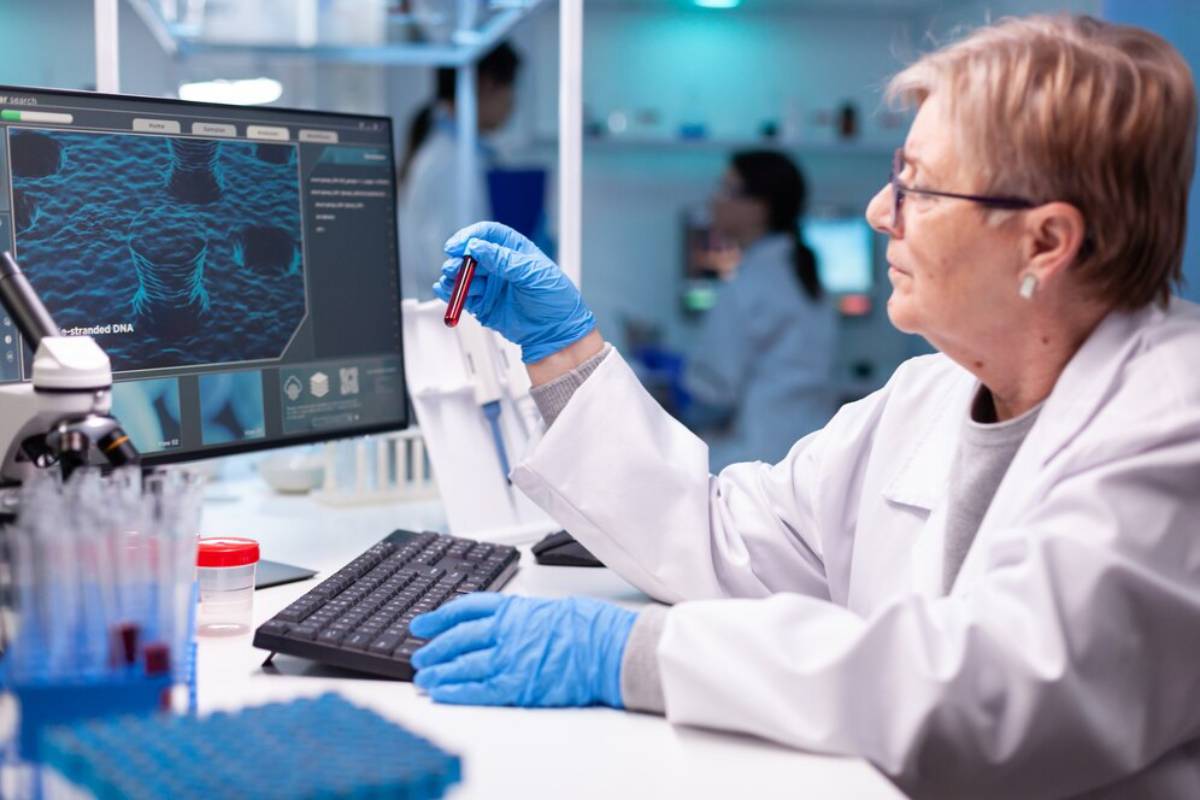
As we stand on the brink of a new era in genetic science, the ethical questions surrounding human genome editing demand our attention. The potential benefits are immense, but so are the risks. It is imperative that we approach this technology with caution, guided by ethical principles and a commitment to the common good.
Policymakers, scientists, and the public should team up. Together, they can make sure gene editing is used fairly and responsibly. We need to invest in ethical literacy with scientific research. This way, every breakthrough comes with thoughtful reflection.
As we navigate this complex landscape, let us remember that our choices today will shape the future of humanity. What kind of world do we want to create, and what legacy do we wish to leave for future generations?
Ethical questions about human genome editing are complex. But if we talk about them wisely and act with care, we can ensure this powerful technology helps everyone. Let us embrace the promise of gene editing while remaining vigilant stewards of its ethical implications.
Now is the time to work together globally, improve our rules, and have real conversations with the public. Only then can we ensure that the power to rewrite the code of life is used with wisdom, compassion, and responsibility.
